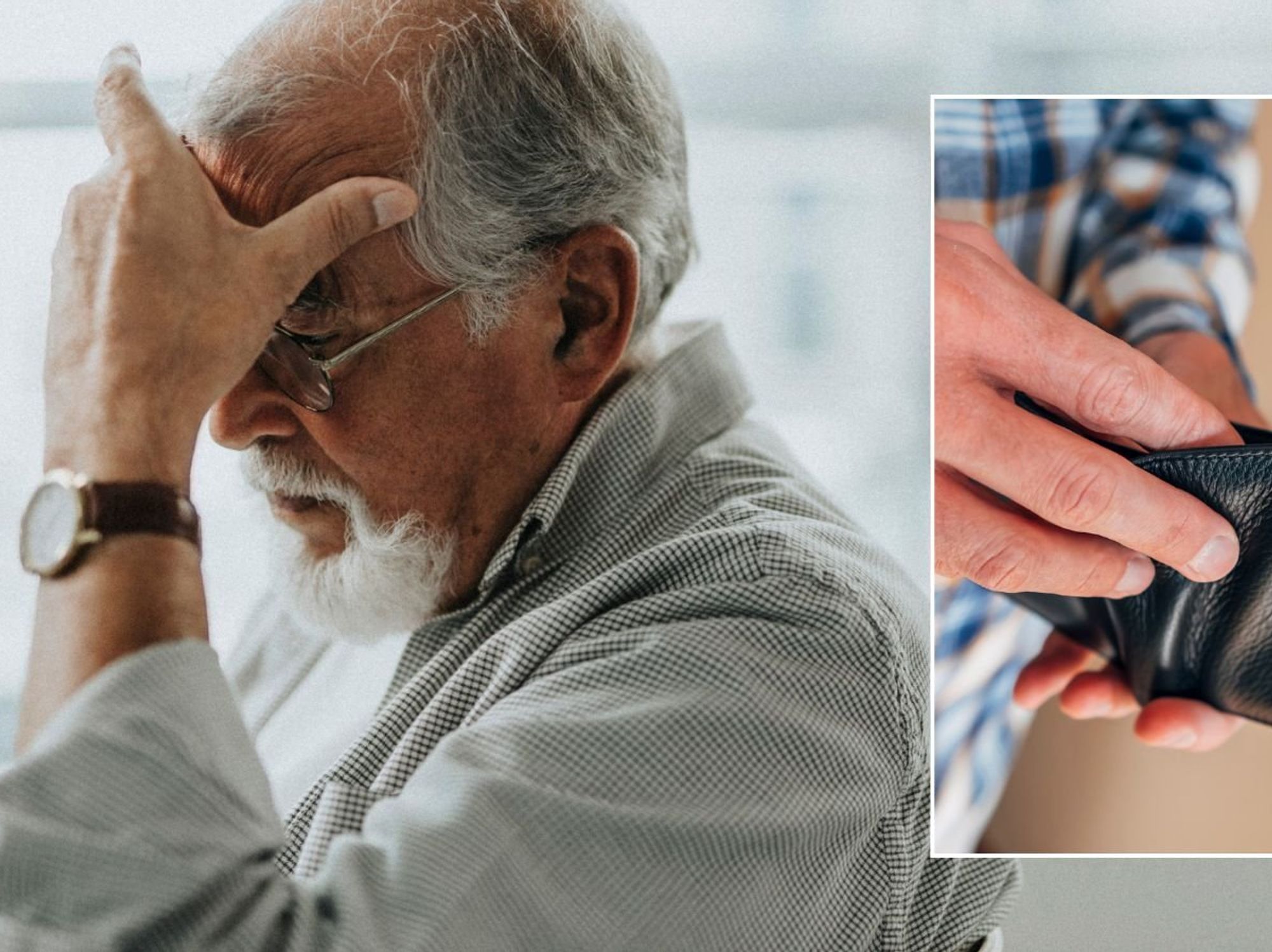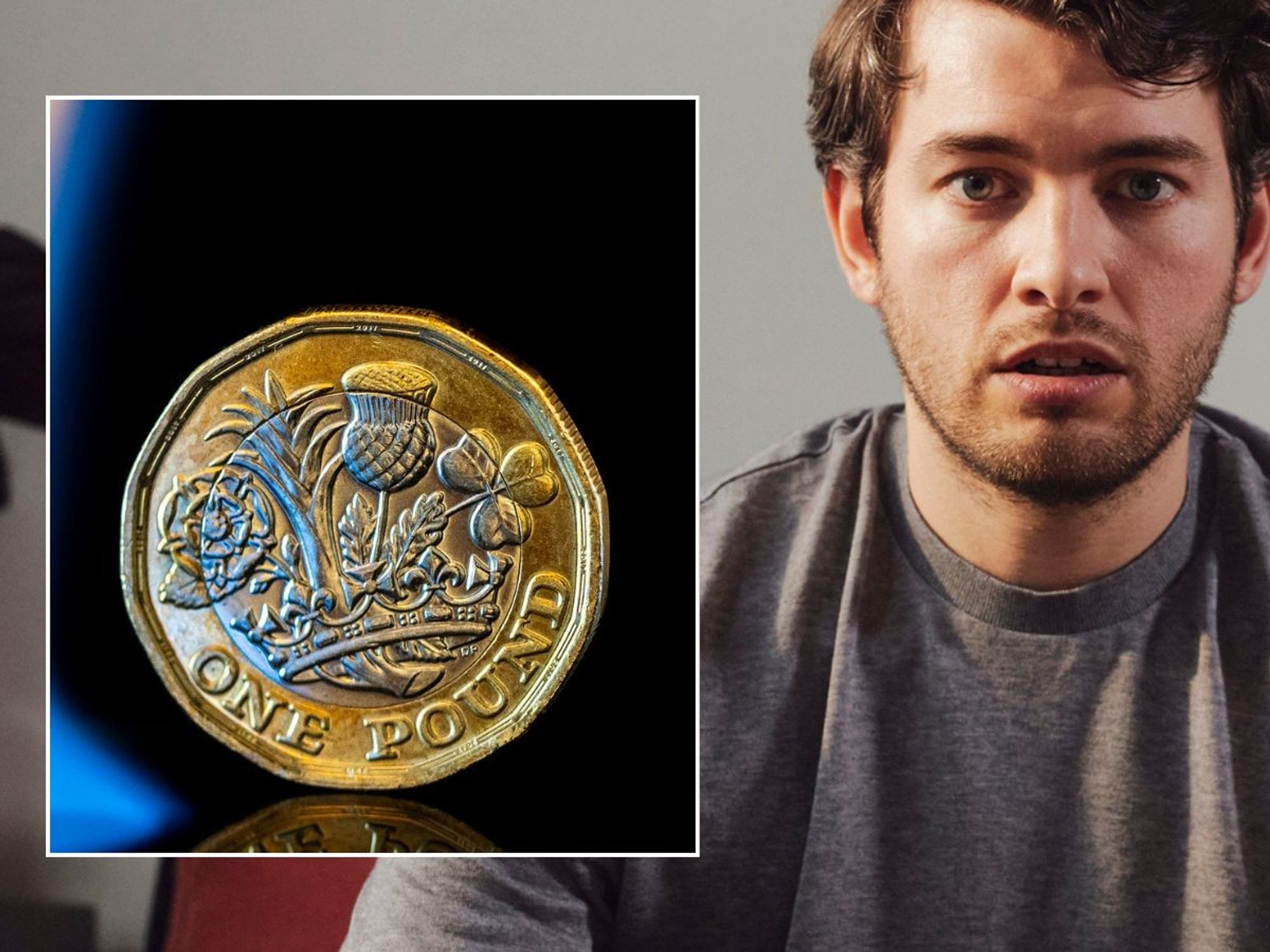Clocks changing could see millions of Britons slapped with £1,000 fine tomorrow

The vast majority of drivers admitted to being dazzled by bright headlights
Don't Miss
Most Read
British drivers could be hit with fines tomorrow if their eyesight, especially during darker hours, as clocks change tomorrow.
On Sunday, October 26, at 2am, the clocks will go back one hour as the UK reverts back to Greenwich Mean Time (GMT).
Experts are warning that with the darker winter months, drivers should ensure their eye health is up to standard to ensure they avoid a £1,000 fine.
If drivers fail to tell the DVLA about any vision problems that could impact their ability to drive, they could be prosecuted.
TRENDING
Stories
Videos
Your Say
Especially in the winter months, when more people are driving home in the dark more frequently, motorists must ensure they are being safe behind the wheel.
Data from the Department for Transport shows that around 3,000 people are killed or seriously injured by a driver with failing eyesight each year.
Motorists can be pulled over at the roadside if the police believe they are not being safe at the wheel and their eyesight is to blame.
If the DVLA are not told about someone's medical condition, they can issue a £1,000 fine if it affects their ability to drive safely.
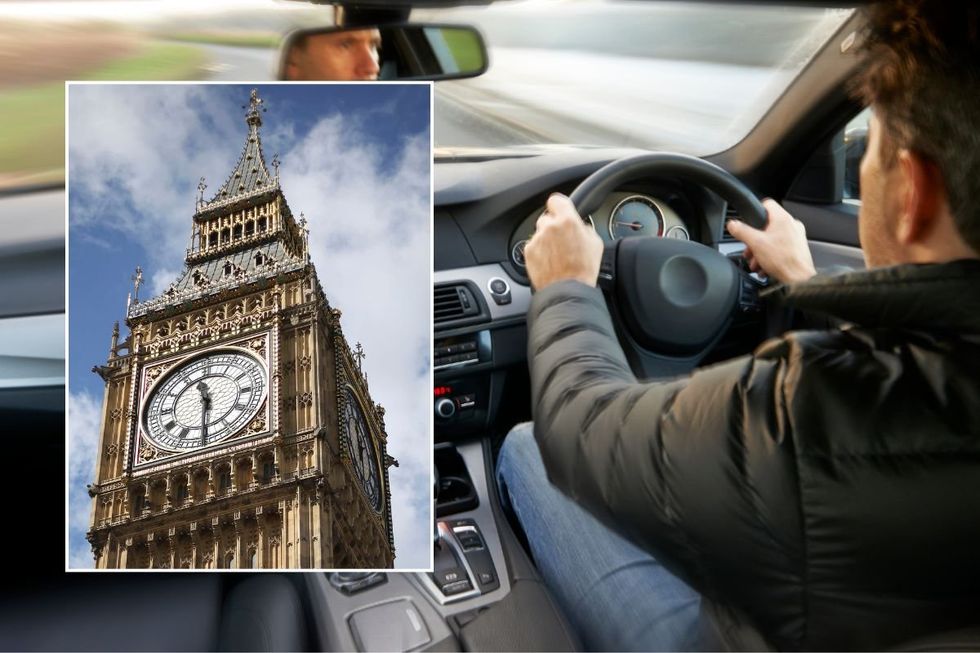
Drivers could be slapped with a fine if their eyesight impacts their ability behind the wheel once clocks change tomorrow
|PA/GETTY
In extreme cases, they could also be prosecuted if their medical condition contributed to them being involved in an accident.
Ian Wilson, managing director of Tiger.co.uk, said: "Strict regulations are implemented to crack down on individuals unfit to drive, with penalties ranging from £1,000 fines to driving bans.
"Maintaining good eye health is essential to passing roadside eye tests. Regular eye tests can detect vision loss and eye problems early, while also ensuring you have the correct prescription for glasses or contact lenses."
It comes as research shows that 90 per cent of drivers admit to being dazzled by oncoming headlights, which can be worsened during darker, winter months.
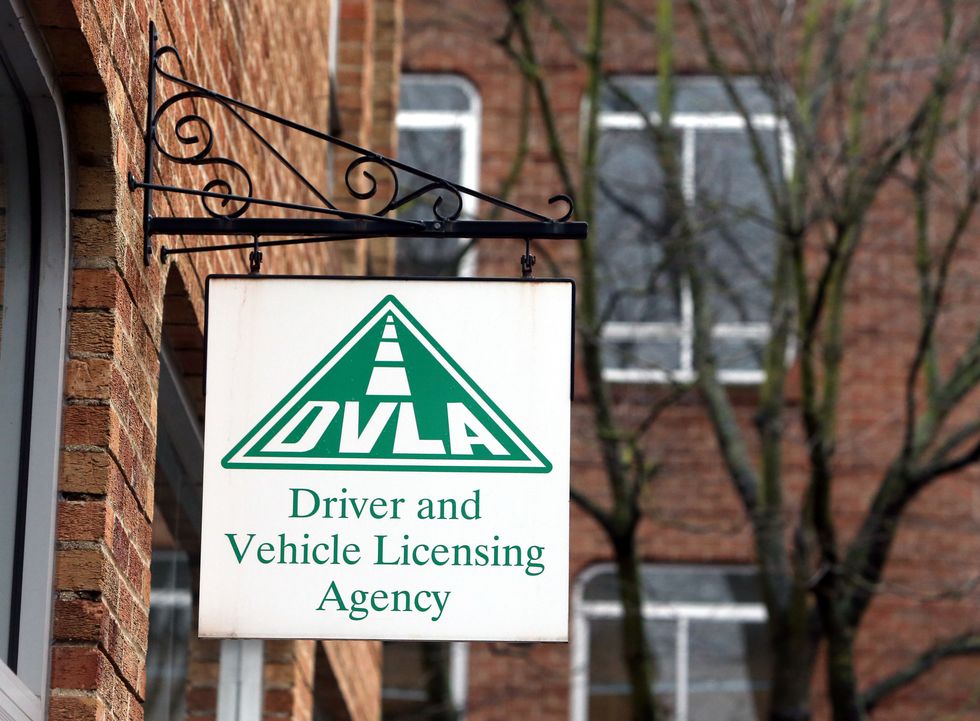 Drivers must report notable medical conditions to the DVLA | PA
Drivers must report notable medical conditions to the DVLA | PALATEST DEVELOPMENTS:
While 92 per cent admitted to being dazzled, a further 72 per cent said they had been forced to slow down or stop their car because they had been dazzled.
Motorists have identified particular issues with bright LED headlights. These tend to have a sharper and brighter white light, compared to a more yellow hue from an older halogen bulb.
The types of cars people buy have also been identified as causing issues, especially the growth in SUV sales.
Since SUVs sit higher off the road, the beams from a larger vehicle can shine directly into the eye line of smaller cars.
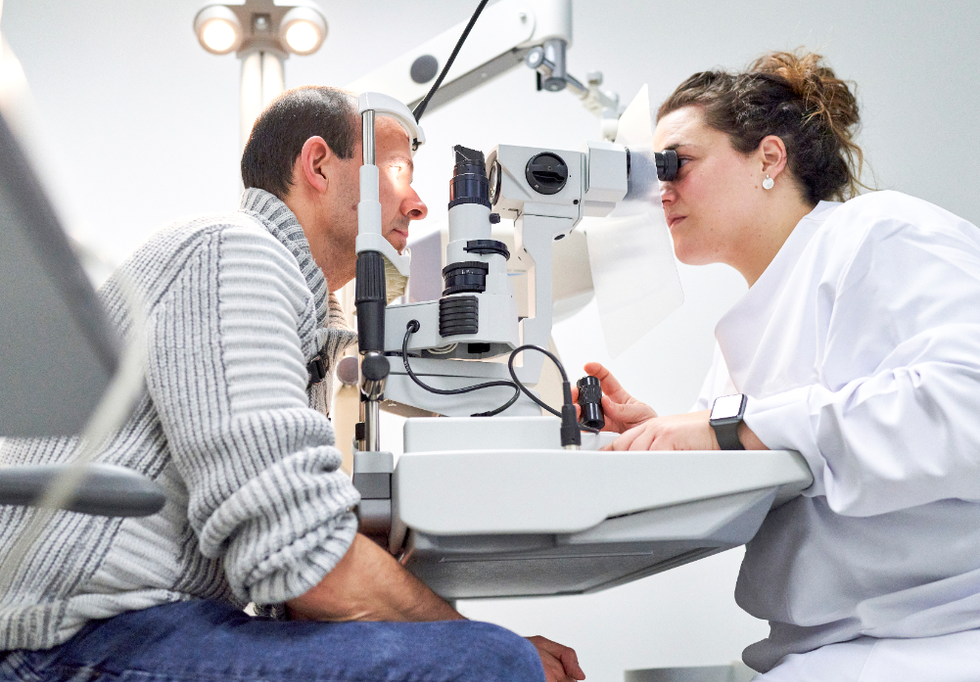
Drivers are advised to ensure their eyesight meets legal standards
| GETTYExperts have highlighted how distractions like bright headlights can be dangerous, especially in poor weather conditions and on fast-moving roads.
Mr Wilson continued, saying: "With the clocks about to go back, more drivers will be spending time on the road in the dark, and that means a greater risk of being dazzled by overly bright headlights.
"What used to be an occasional annoyance has now become a widespread safety concern affecting almost every driver on the road."
The Government plans to reveal details of a headlight commission later in the year, with many hoping it will lead to changes in the law to stop people being dazzled.









